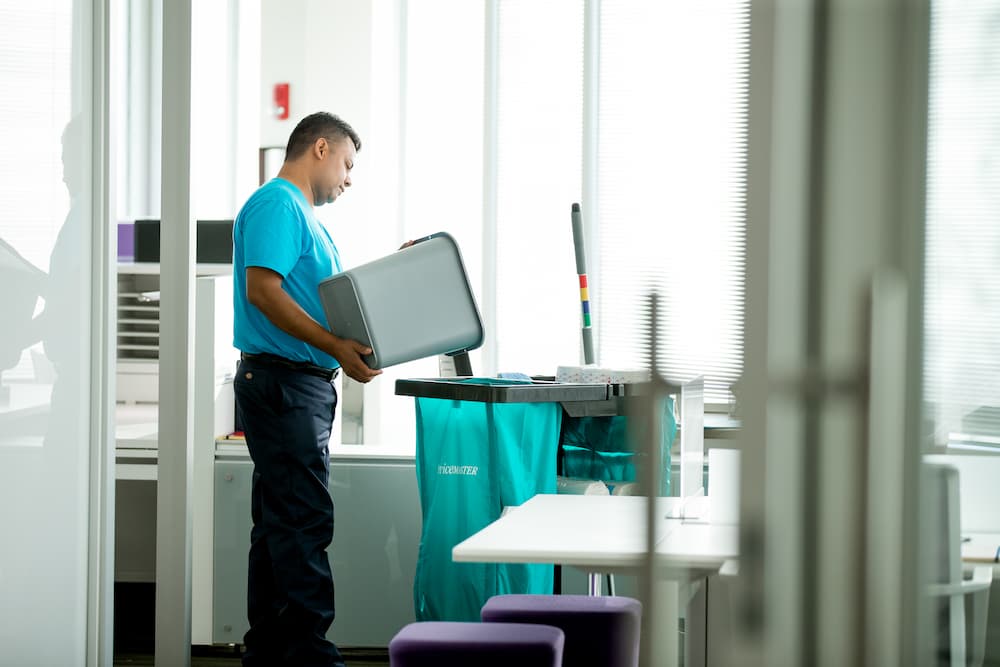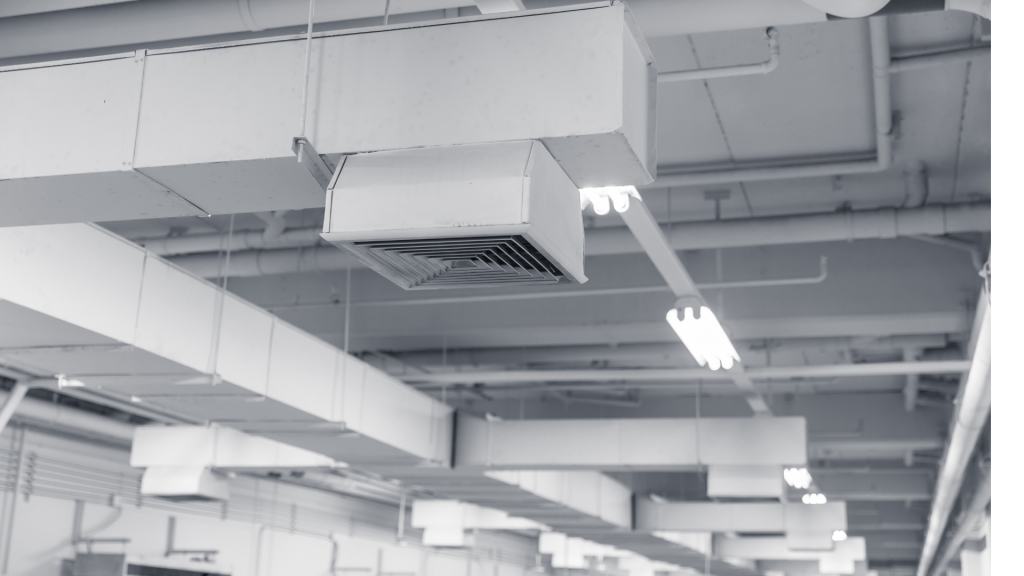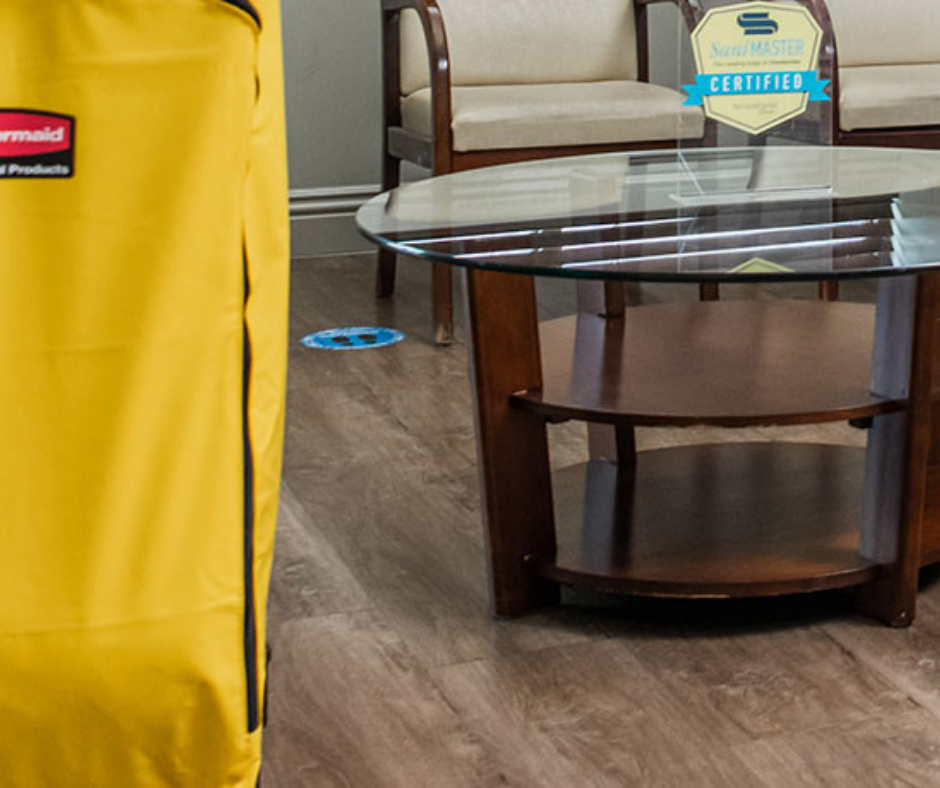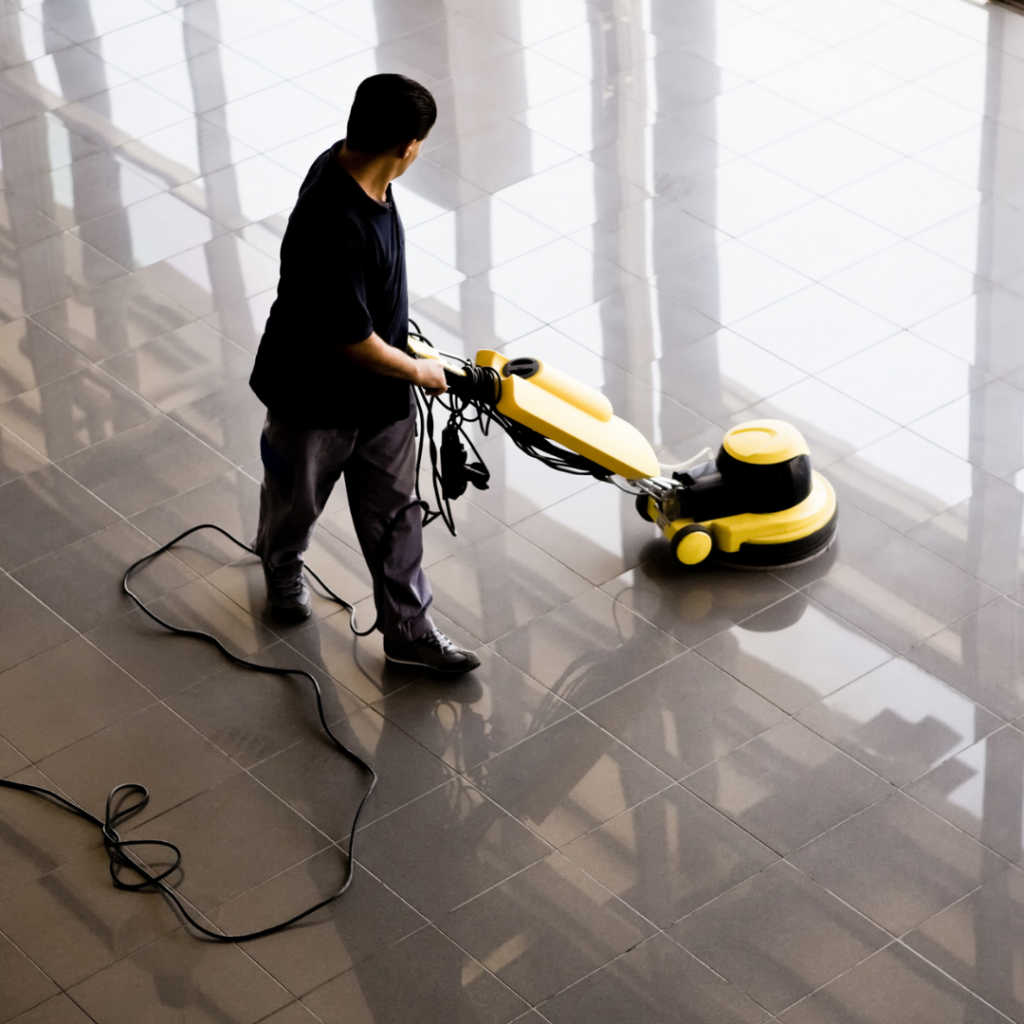When it comes to keeping spaces clean and tidy, there are two primary categories of cleaning services: commercial and residential. While the goal of both types of cleaning services is to maintain a clean and healthy environment, they differ in many aspects, from the scope of work to the tools and techniques used.
In this blog post, we’ll explore the key differences between commercial and residential cleaning services, shedding light on the unique challenges and requirements of each.
Scope of Work for These Cleaning Services
One of the most significant distinctions between commercial and residential cleaning services is the scope of work involved. Commercial cleaning services focus on larger, often more complex spaces such as offices, restaurants, warehouses, and retail stores. These environments typically have higher foot traffic and may require specialized cleaning solutions, including floor waxing, carpet cleaning, and disinfection of frequently touched surfaces.
Residential cleaning service, on the other hand, primarily target homes and apartments. The scope of work for residential cleaning typically includes tasks like vacuuming, dusting, mopping, and cleaning kitchens and bathrooms. While the tasks may seem more straightforward, residential cleaning can still be demanding, as it often involves a more personal touch and a deeper focus on the details of a home environment.
Frequency and Timing
Commercial cleaning services often operate during non-business hours or overnight to minimize disruptions to the workplace. This means that commercial cleaners are trained to work efficiently within a limited time frame, ensuring that the space is ready for the next business day. The frequency of commercial cleaning services can vary widely, from daily cleaning in some businesses to weekly or monthly services in others.
Residential cleaning services, in contrast, are usually scheduled during the day when the homeowners are present. The frequency of residential cleaning services depends on the client’s needs and can range from weekly or bi-weekly cleanings to one-time deep cleans. Residential cleaners typically have a more flexible schedule to accommodate the preferences of the homeowners.
Cleaning Products
Commercial cleaning service frequently use powerful and sometimes chemical-based cleaning products to tackle tough stains and germs effectively. These products may require specialized training to handle safely. Due to the scale of commercial spaces, they must be disinfected thoroughly, making the use of strong cleaning agents more common.
Residential cleaning services, on the other hand, often prioritize the use of eco-friendly and non-toxic cleaning products, especially in homes with children or pets. Homeowners tend to be more concerned about the impact of cleaning chemicals on their family’s health and the environment, making safer and milder cleaning products more appealing.
Staff Training and Expertise
Commercial cleaning teams typically receive specialized training to handle the unique challenges of commercial environments. This includes knowledge of safety procedures, equipment operation, and cleaning practices tailored to specific industries. Staff members may also undergo background checks and security clearances, especially when cleaning sensitive areas like medical facilities or government offices.
Residential cleaning services focus on providing a personal touch and often involve cleaners who establish long-term relationships with homeowners. While training is still essential, residential cleaners may prioritize excellent customer service, trustworthiness, and adaptability to meet the specific preferences and needs of each client.
Pricing and Contracts
Pricing structures for commercial and residential cleaning services also vary. Commercial cleaning services often have more formal contracts, and pricing may be based on the size of the space, the scope of work, and the frequency of service. Contracts may be long-term, covering months or even years, making budgeting and planning more predictable for businesses.
Residential cleaning services are more likely to offer one-time services or short-term contracts, such as monthly or bi-weekly agreements. Pricing for residential cleaning is typically based on the number of rooms, the level of cleaning required, and the size of the home. This flexibility allows homeowners to tailor the service to their specific needs.

In conclusion, while the ultimate goal of both commercial and residential cleaning services is to maintain clean and healthy environments, the differences in scope of work, frequency, tools, products, staff training, and pricing make them distinct from each other.
Whether you need a professional cleaning service for your business or home, understanding these differences is crucial in selecting the right service that meets your specific needs.







